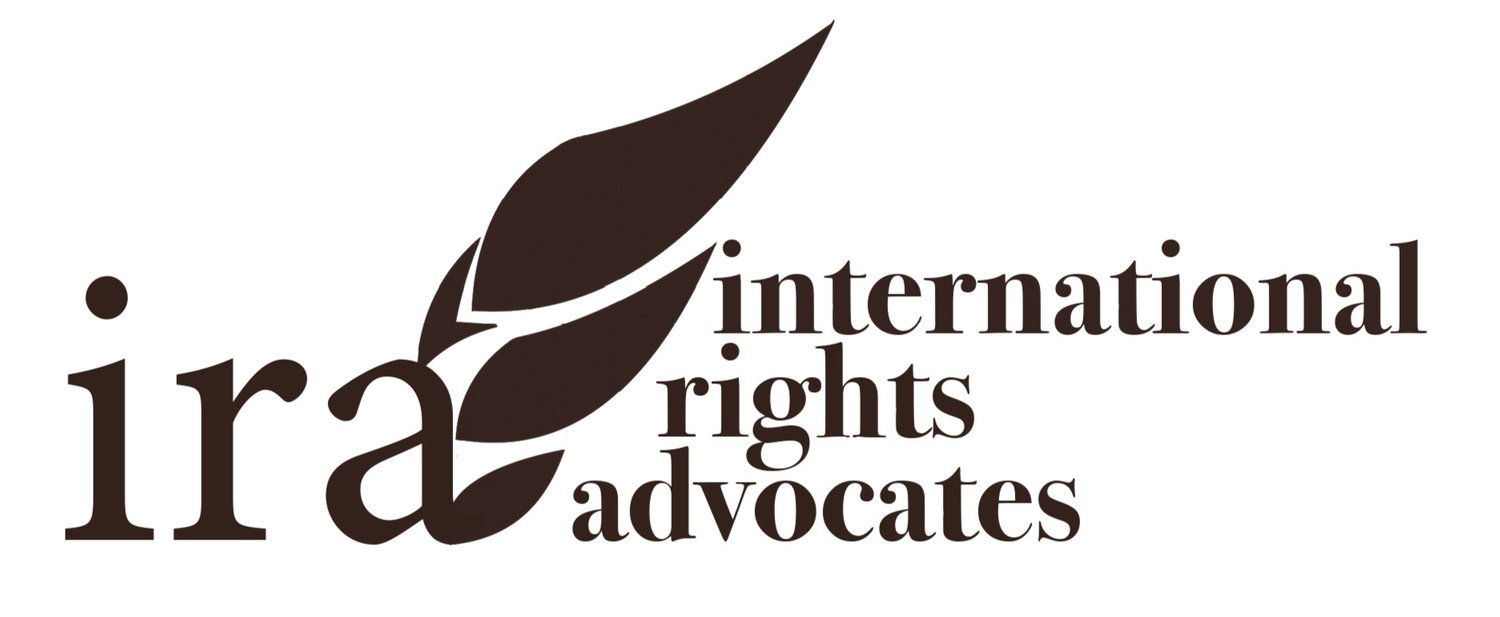DynCorp Denies Liability for Contractor Spray Pilots
Dyncorp Denies Liability for Contractor Spray Pilots, Law 360, April 10, 2017, by Kyle Jahner
Defense contractor DynCorp and plaintiffs suing it for allegedly poisoning farmers in Ecuador with herbicide while trying to eradicate drug crops in Colombia sparred in midtrial briefs filed in Washington, D.C., federal court Sunday over whether the company could be held liable for actions of pilots employed by subcontractors and Colombian police.
DynCorp argued that neither contractor EAST Inc. nor the National Police of Colombia, which provided pilots for planes that sprayed RoundUp onto crops, fell under a legal “master-servant” relationship, and therefore any tortious actions by those entities could not be held against DynCorp. But plaintiffs representing a 2,000-person class allegedly harmed by the chemicals said they offered plenty of evidence to the contrary for that question to be decided by the jury.
“Applying the joint employer doctrine in this case, there is no question, based on the evidence that has been and will be presented to the jury, that a reasonable jury could find that DynCorp was a joint employer of all of the spray pilots," the plaintiffs' motion said. "By its contracts with the State Department and EAST, DynCorp retained control or the right of control of all aspects of Plan Colombia.”
Plan Colombia, a broad joint effort by the U.S. and Colombia started in 1999 to combat drug trafficking and organized crime, included efforts to poison swaths of drug-producing farms through aerially delivered herbicides. DynCorp, EAST and the Colombian National Police fumigated tens of thousands of hectares of farmland each year, some of it bordering or in Ecuadorean territory. In 2001, the first of multiple lawsuits was filed against DynCorp for poisoning people and water in Ecuador, and after a series of consolidations and partial dismissal of some claims, a trial started April 3.
In Sunday’s motion, DynCorp said that for it to be liable for any damages prior to 2003, plaintiffs would have to prove DynCorp had “the right to control the conduct of the CNP and EAST.” EAST isn’t in a master-servant relationship with DynCorp because DynCorp doesn’t hire, train, pay or fire EAST pilots, control their conduct beyond establishing basic parameters of the mission or employ any spray pilots as a part of its business, the memorandum said.
“Plaintiffs lack the evidence to establish an agency relationship between DynCorp and either the CNP or EAST. Thus, even if plaintiffs could prove that spraying took place in Ecuador (or in the buffer when such a buffer was in place) and that the spray pilot acted with the requisite intent to support a claim of battery or reckless indifference and outrageous conduct required for intentional infliction of emotional distress, they cannot attribute that conduct to DynCorp,” the motion said.
DynCorp also said that plaintiffs cannot prevail on claims because they could not identify the type of spray plane they alleged caused their exposure.
But the plaintiffs struck at that argument, saying in their motion that DynCorp "dictated how pilots would be trained, set parameters of the spray missions, provided data and coordinates for specific missions and evaluated compliance with its parameters." They said this information "is 'more than sufficient' to create a question of fact for a jury to determine as to whether DynCorp was a 'joint employer' of the pilots.”
“This circuit recognizes ‘two largely overlapping articulations of the test for identifying joint employer status,’ and ‘in both cases the touchstone is control,’” the motion said. “Both tests emphasize that two or more independent entities can be 'joint employers' when it can be shown that both had the right to exercise control over the work of the employees."
Terry Collingsworth of International Rights Advocates, attorney for the plaintiffs, described DynCorp’s introduction of this argument in the middle of a trial as “desperate.”
“I filed this case on Sept. 11, 2001. And we’re finally in trial, and at the very last minute, in the midst of a trial, they introduce the argument that they are not responsible for any of the pilots,” Collingsworth told Law360. “That’s an extraordinary position. They were clearly, literally running the program all this time.”
Collingsworth said the plaintiffs rested their case Monday, and the defense was expected to begin presenting its case Tuesday and wrap up late this week or early next.
After the long-running case received new life over the summer after an earlier partial dismissal, a federal judge in August partially granted DynCorp's most recent request for summary judgment. But Judge Ellen Segal Huvelle also kept a number of claims in place, noting in her ruling that "defendants violated U.S. government policy by disobeying clear reprimands by the Department of State and spraying territory in Ecuador, where DynCorp' s pilots had no legal right to conduct operations."
Counsel for DynCorp did not respond Monday to requests for comment.
The plaintiffs are represented by Terry P. Collingsworth of International Rights Advocates and Theodore J. Leopold, Leslie M. Kroeger and Poorad Razavi of Cohen Milstein Sellers & Toll PLLC.
DynCorp is represented by Joe G. Hollingsworth, Eric G. Lasker, Buffy J. Mims and Gregory S. Chernack of Hollingsworth LLP.
The cases are Arias et al. v. DynCorp et al., case number 1:01-cv-01908, and Quinteros et al. v. DynCorp et al., case number 1:07-cv-01042, in the U.S. District Court for the District of Columbia.
--Additional reporting by Jimmy Hoover. Editing by Sara Ziegler.
For more on the case, see the following links:
1) Additional press on the trial and a documentary about Plan Colombia
2) Press Release on the trial and;
To see the article on Law 360's website, see here (you must register to access here): https://www.law360.com/articles/911688

